The Workplace Challenge We've All Encountered
People join companies, but they quit bosses.
As a leadership coach, I’ve seen it all - passive-aggressive managers, bosses who are unreachable, supervisors who micromanage rockstar employees, leaders who give feedback just once a year (“Great, thanks! You could’ve told me I was screwing up eleven months ago…”), and the list goes on.
The common thread? These leaders are driving their employees crazy - and costing their employers dearly.
This includes the obvious costs of hiring great people and losing them to the competition. But also the hidden costs of absenteeism, “presenteeism,” and low morale - the latter two of which are infectious.
Indeed, few things damage a company’s culture and results more than a disengaged employee.
But let’s not be too quick to judge. Not enough companies are investing in their leaders. Sure, they might be devoting dollars to salaries and traditional benefits, but they’re skimping on the things that will set their people (and their bottom lines) up for success.
I’m talking about relational skills, leadership fundamentals, and other human skills that are too often overlooked. It’s great that you graduated top of your class and can write code - but can you give a peer feedback about what they just said in your team meeting? Feedback that will make a lasting and positive difference? That’s a rare skill.
In essence, companies are setting leaders up to fail - and to take down their teams with them.
What can be done?
I’m glad you asked. There are three sides to this particular story - the employee’s, the manager’s, and the company leadership’s. We can help with all three (talk to us). But here are some places to start…
“I’m a manager and I want to get better.”
Your role is about being accountable for results, but not directly responsible for them. How are you investing in your team’s success - and your own? Make it a habit to read up on leadership and management. All new leaders lack leadership experience, so there are a ton of resources out there. Think articles, books (ask me - I’m always happy to recommend), and even mentors. And listen to a few good podcasts - I love Dear HBR, but there’s a raft of options worth checking out.
Consider what makes a good manager - not just what you want in a manager, but what your individual employees respond well to. The answers are usually different. Talk to your team. Ask them what they need from you and solicit feedback from across your organization.
Get a leadership coach to help hone your skills, workshop challenges, and raise your game in ways that work for you. A good one will also show you your blindspots and help you address them.
“I have a bad boss. Help!”
You. Are. Not. Alone. Everyone’s been in this position at some point in their career. First you have to discern something important: whether your bad-boss situation is fixable. Many are, but many are not - and research suggests people work on average two years longer for a toxic boss than a good one, so tread carefully.
Talk to a trusted third party - perhaps someone who used to work in the organization, a mentor, or a good friend. Bounce around some ideas. Some bad-boss situations require some light “managing up” - others require updating your resume and seeking out informational interviews.
A good career coach can help with all of the above.
“I’m a senior leader - I want to set the company up to succeed.”
The most effective leadership-development programs have a lasting impact, personalize their curricula, and focus on relational skills.
Having worked with companies across industries to help develop leadership skills, enhance internal communications, and improve team effectiveness, I’ve seen firsthand how pervasive such challenges are - and how quickly and effectively they can be fixed.
The challenges associated with the bad-boss dilemma can’t be fixed overnight, but they can be fixed. Talk to us about tailoring a program to your company’s needs - or check out our workshops and coaching offerings on your own.
—
Ellie Hearne is a leadership-communications expert and founder of Pencil or Ink. She has worked with Apple, Google, Kate Spade, Marriott, Morgan Stanley, Oracle, Pfizer, Piaget, Starbucks, and Twitter, among others, and has coached numerous individuals and teams.




